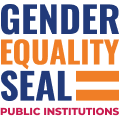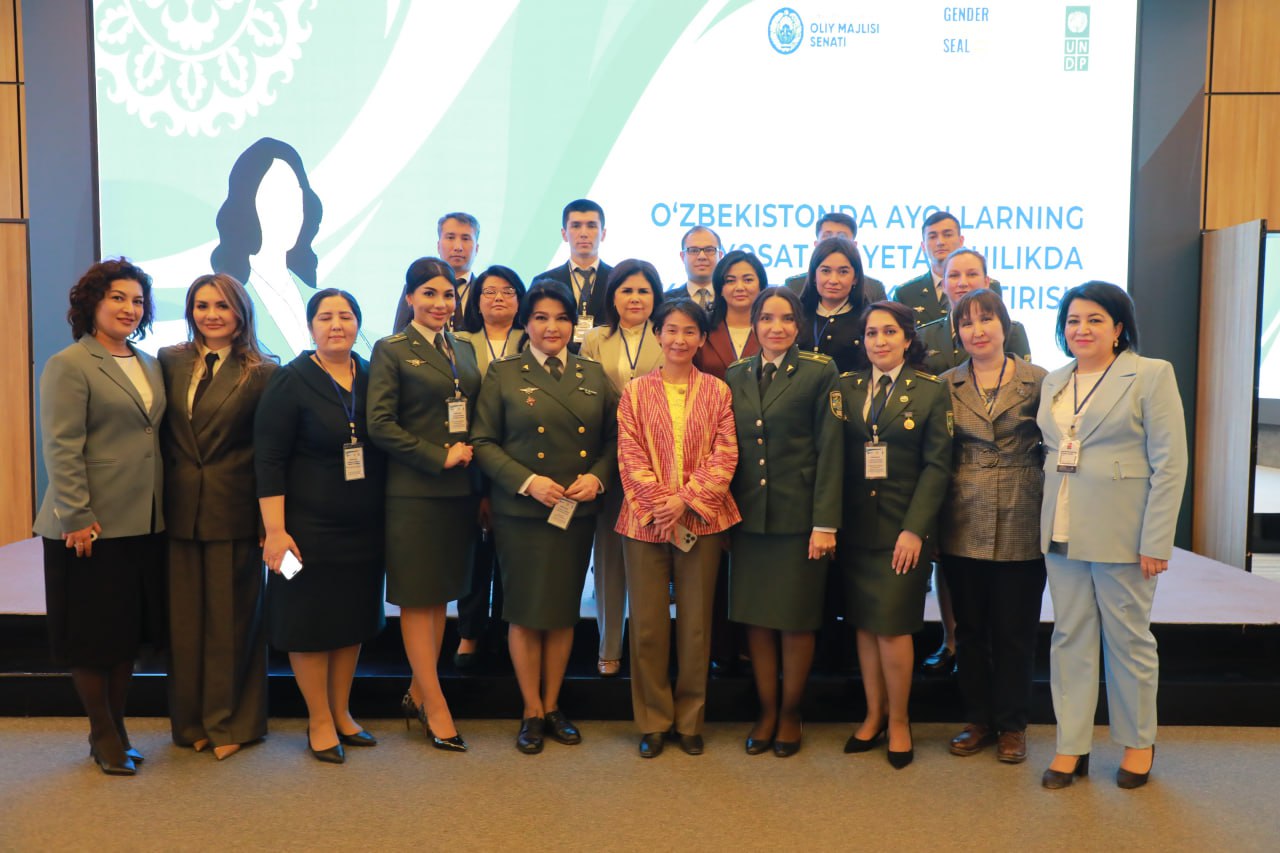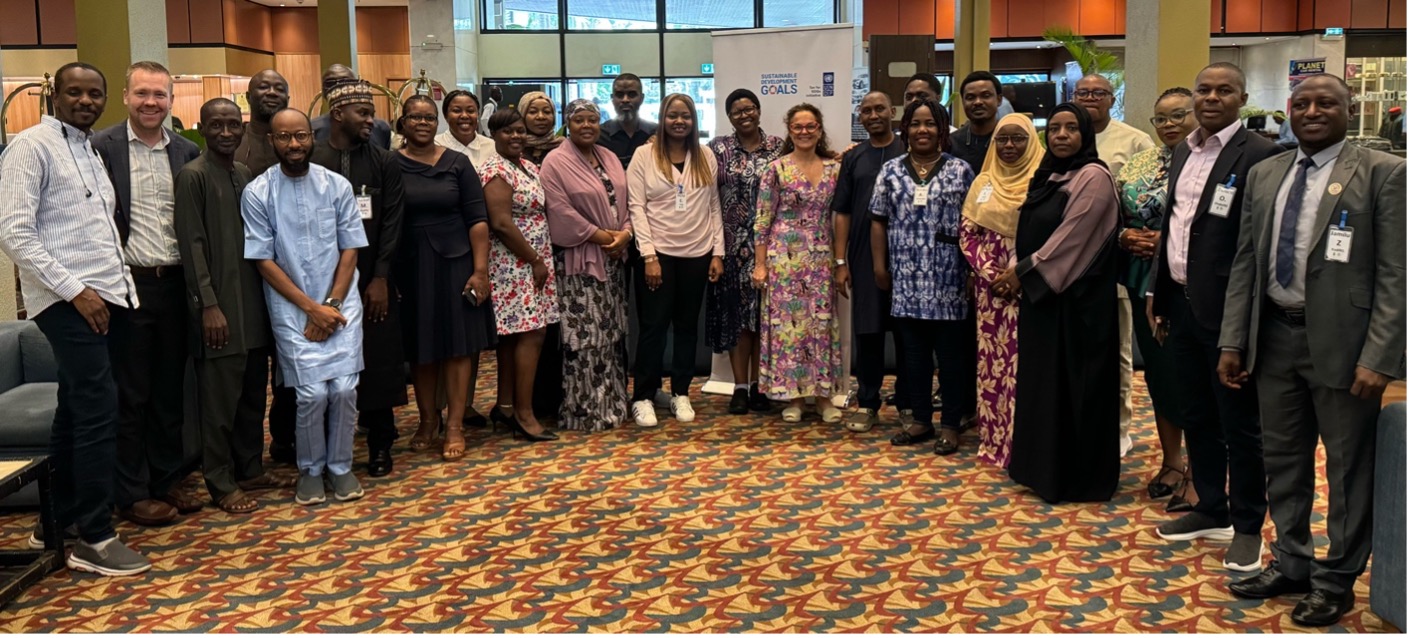
Between May 20 and 24, 2024, the UNDP Gender Seal Team and Tax for SDGs Initiative in collaboration with country offices of Nigeria and Ghana, organized a 4-day regional capacity building and community of practice event in Nigeria. The event focused on enhancing the understanding of relevant public officers of four tax administrations in Nigeria and Ghana and the Ministry of Finance in Nigeria on the links between gender equality and taxation, including tax policies and services, and support tax administrations in the finalization of their Gender Equality Seal improvement plans.
The event integrated a 3-day technical workshop, held in Lagos, and a fourth day with a series of relevant meetings with senior public officials in Abuya.
The technical workshop brought together over 25 tax officers from the Federal Inland Revenue Service of Nigeria (FIRS), Ondo State Internal Revenue Service (ODIRS), Kaduna State Internal Revenue Service (KADIRS), the Federal Ministry of Finance of Nigeria (MOF), and the Ghana Revenue Authority (GRA). The primary objective of the event was to deepen their knowledge of the intersections between taxation and gender equality and to review and finalize their Seal action plans aimed at accelerating reforms for gender equality. It also served to build up a community of practice among participants to share experiences and collective thinking.
Participants engaged in comprehensive modules covering gender equality, including reflecting on how conscious and unconscious biases operate. They explored the critical role of tax policy and tax administration in advancing gender equality, particularly concerning women’s economic empowerment, unpaid care, and institutional accountability.
Participants highlighted how the event deepened their understanding of key gender equality concepts, such as unpaid care work, and clarified the connection between taxation and gender equality. Action plans for improvement were collaboratively reviewed and refined, ensuring practical steps toward meeting the Gender Equality Seal for Public Institutions standards.
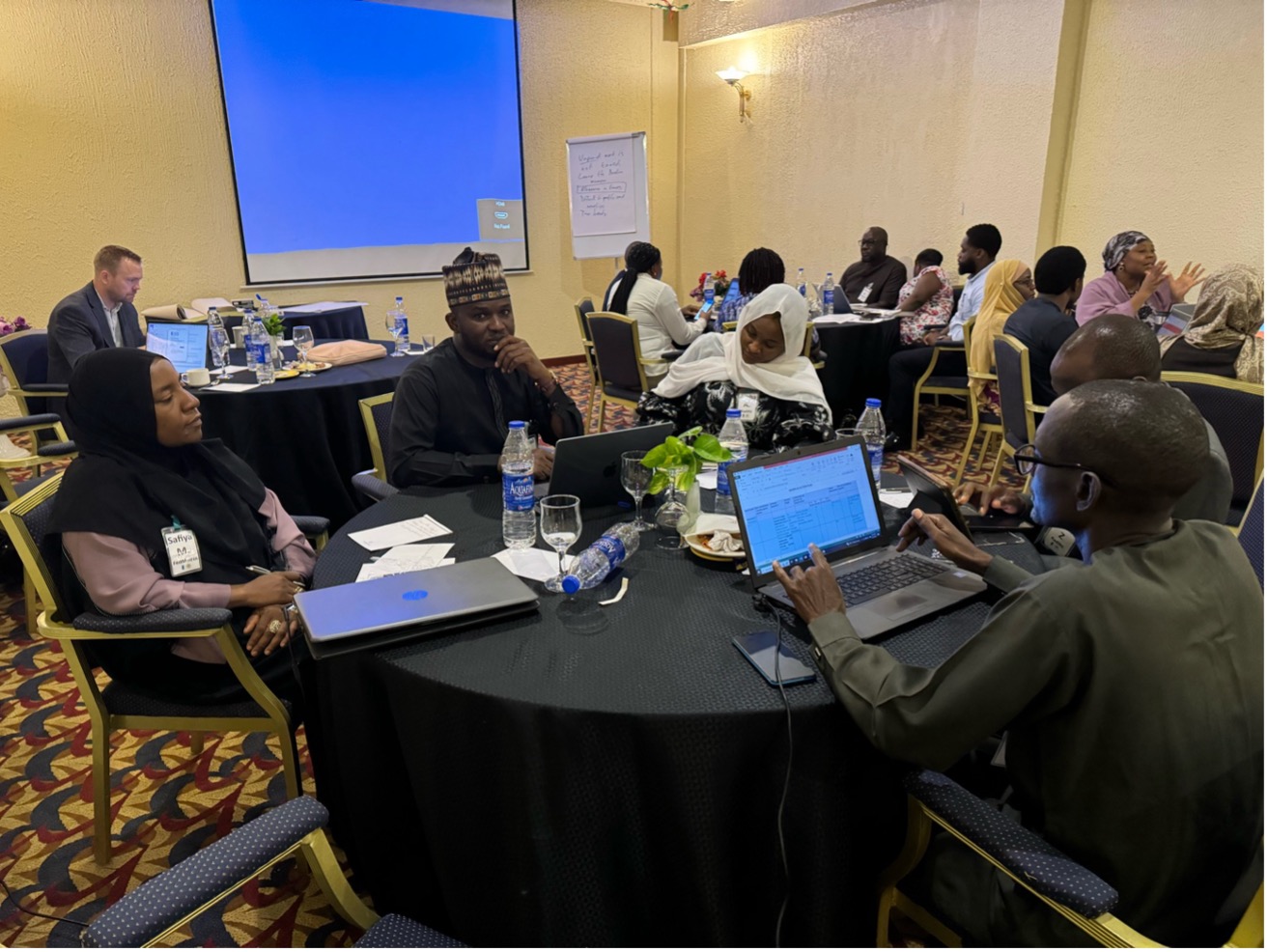
The fourth day allowed UNDP experts to interact directly with senior management of different departments of the Federal Inland Revenue Service, promoting the reflection about the connection of tax administrations’ key functions such as tax education, taxpayer services, compliance and dispute resolution to gender equality and women’s empowerment.
Meetings with civil society networks such as the Tax Justice Network underscored the importance of transparency and accountability in public finance and the need for public institutions to open engagement and accountability spaces towards civil society to ensure tax policies and services are better informed and reflect the specific needs and conditions of the most underserved, while effectively addressing prevailing gender inequalities.
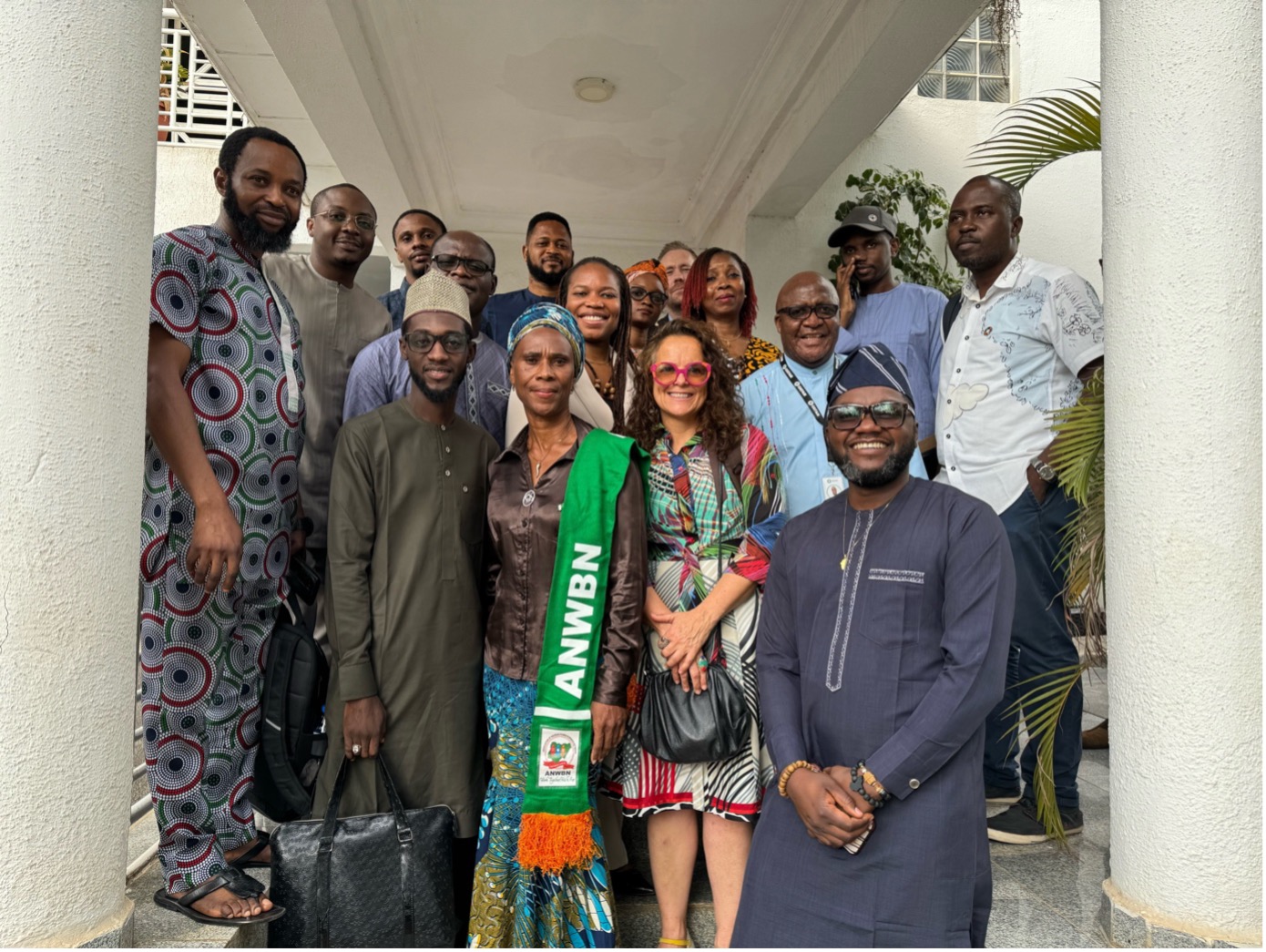
Discussions with the Director of Tax Policy at the MOF revealed support for integrating gender perspectives into ongoing tax reforms. The Director expressed their ambition to implement the Gender Equality Seal for Public Institutions within the Ministry’s tax policy division, signaling a significant step towards gender-responsive tax systems. Relevant actions in this sense have already been put in place, such as reforms in database systems to register the sex of the company owners and ensure sex disaggregation of companies’ staff, focused on companies benefiting from certain tax waivers.
Moving forward, the participating institutions will finalize and approve their refined action plans, with continuous support from the UNDP, while ongoing engagements with civil society organizations will ensure a broad-based approach to the reforms included in the plans.
The regional capacity-building workshop marked a significant milestone in the journey towards gender-responsive taxation in Nigeria and Ghana. By equipping tax officers with the necessary knowledge and tools, and fostering collaboration across various stakeholders, the workshop has set the stage for impactful changes that align national tax systems with the goals of gender equality and sustainable development.
